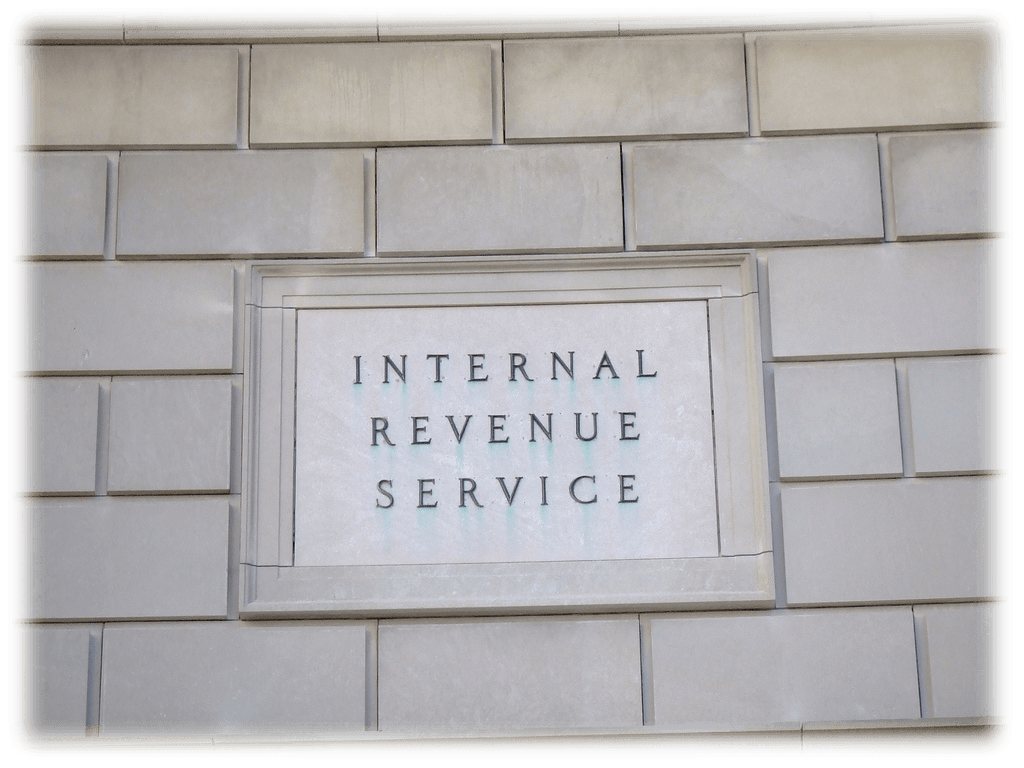Do I Need an EIN Number?
 We work with people from all over the world on a daily basis as they look to form LLCs and Corporations in Delaware. Generally speaking, we see similar situations; however, each entrepreneur’s specific needs may be different. Our business formation packages offer an add-on of acquiring an EIN, so clients often ask the question, “Do I need an EIN number?”
We work with people from all over the world on a daily basis as they look to form LLCs and Corporations in Delaware. Generally speaking, we see similar situations; however, each entrepreneur’s specific needs may be different. Our business formation packages offer an add-on of acquiring an EIN, so clients often ask the question, “Do I need an EIN number?”
To answer this question, let’s first look to the IRS for guidance. According to the IRS website, you are required to have an EIN if you answer “Yes” to any of these questions:
- Do you have employees?
- Do you operate your business as a corporation or a partnership?
- Do you file any of these tax returns: Employment, Excise, or Alcohol, Tobacco and Firearms?
- Do you withhold taxes on income, other than wages, paid to a non-resident alien?
- Do you have a Keogh plan?
- Are you involved with any of the following types of organizations?
- Trusts, except certain grantor-owned revocable trusts, IRAs, Exempt Organization Business Income Tax Returns
- Estates
- Real estate mortgage investment conduits
- Non-profit organizations
- Farmers' cooperatives
- Plan administrators
Let’s dive a little deeper into each of these points to clear up any confusion.
-
Do you have employees?
This is straightforward. If your company has (or will have) employees, you need an EIN. In many cases, you – the owner of the LLC or Corporation – count as an employee. Just with this one criterion, the odds are good that you need an EIN.
-
Do you operate your business as a corporation or a partnership?
If your business is classified as a Corporation or Partnership, you need an EIN. The most common alternatives to these types of businesses are LLCs and Sole Proprietorships. LLCs are now the most popular type of business due to their and legal protections for business owners and simplicity. However, please be aware that LLCs can be classified as Corporations.
Typically, we do not recommend operating a Sole Proprietorship, as your personal assets are completely unprotected in the event of a lawsuit.
-
Do you file any of these tax returns: Employment, Excise, or Alcohol, Tobacco and Firearms?
Employment tax returns are filed if the company withholds Social Security tax or Medicare taxes for any employees. This is required by law if the company has employees on payroll, so this generally coincides with the first question, “Do you have employees?”
Excise taxes are paid on specific items or activities, as defined by law. Sales of fuel are a common example of excise tax being applied. Trucks driving on U.S. highways also owe an excise tax, as does any business earning income from sports wagers or bets. In each of these examples, the company would have to file an Excise Tax return, therefore it would require an EIN.
Returns for alcohol, tobacco and firearms are self-explanatory. If the company sells these goods, it must file the appropriate return, which requires an EIN.
-
Do you withhold taxes on income, other than wages, paid to a non-resident alien?
Non-resident aliens have additional stipulations and exemptions when it comes to tax withholding. See the complete description of these regulations for more information. Obviously, if a company does not employ non-resident aliens, this issue is non-applicable.
-
Do you have a Keogh plan?
A Keogh plan is a retirement savings plan for self-employed persons. Typically, they are used by small businesses with a small number of highly-paid owners. Entrepreneurs interested in learning more should consult an expert in this area, but for the purposes of understanding EIN requirements, one must only know if a Keogh plan is being used (or will be used).
-
Are you involved with any of the following types of organizations?
The list of organization types above covers many potential relationships a business might have. In this sense, the term “involved” generally refers to any exchange of funds or billable services. If either party in the relationship will be accounting for income, interest, expenses, donations or other tax-related issues, an EIN will most likely be required.
It is important to fully understand the implications of a relationship with any of the aforementioned organization types before entering into an agreement.
In conclusion, the criteria used by the IRS to determine if an Employer Identification Number is required suggests that most businesses will indeed require an EIN. If your company is already formed and you do not yet have an EIN, Harvard Business Services, Inc. will assist you in obtaining one so that you do not have to deal directly with the IRS. Complete our online form or contact us today to get started.
*Disclaimer*: Harvard Business Services, Inc. is neither a law firm nor an accounting firm and, even in cases where the author is an attorney, or a tax professional, nothing in this article constitutes legal or tax advice. This article provides general commentary on, and analysis of, the subject addressed. We strongly advise that you consult an attorney or tax professional to receive legal or tax guidance tailored to your specific circumstances. Any action taken or not taken based on this article is at your own risk. If an article cites or provides a link to third-party sources or websites, Harvard Business Services, Inc. is not responsible for and makes no representations regarding such source’s content or accuracy. Opinions expressed in this article do not necessarily reflect those of Harvard Business Services, Inc.
